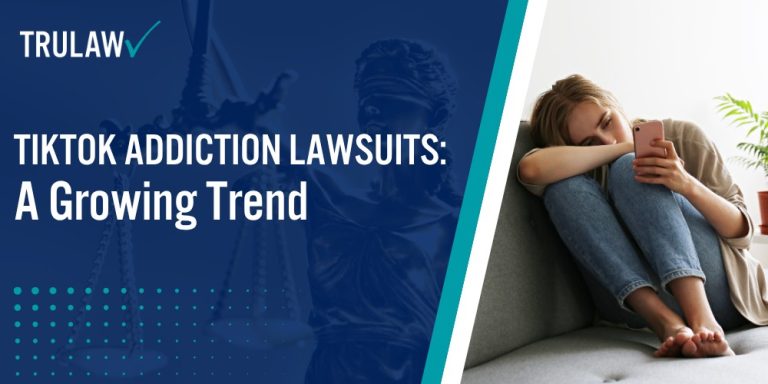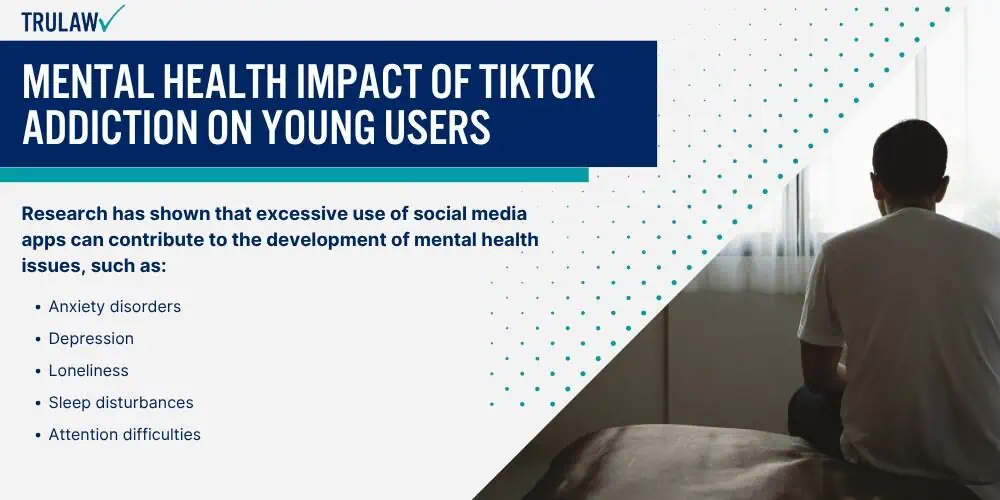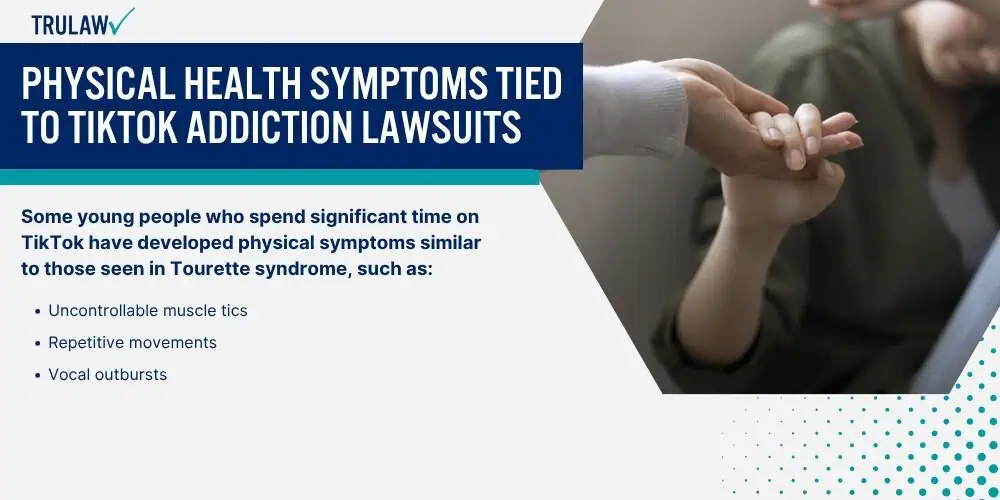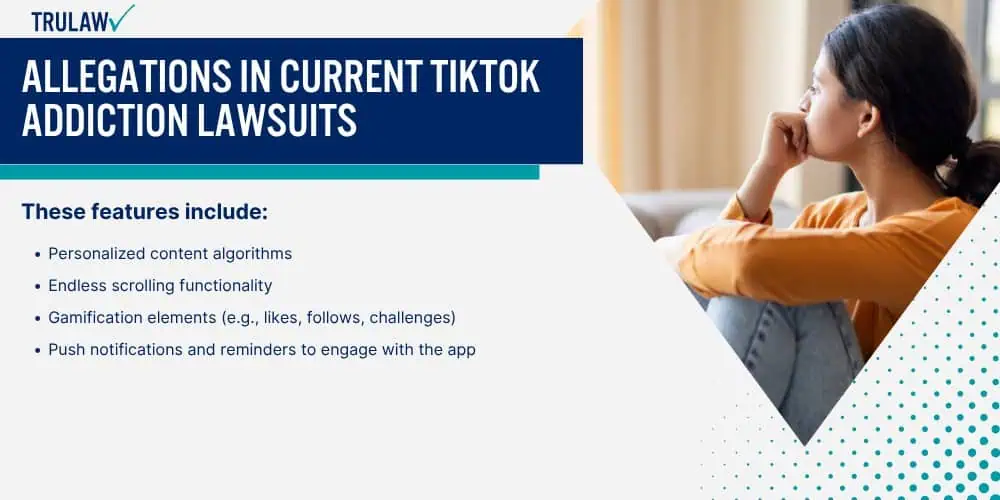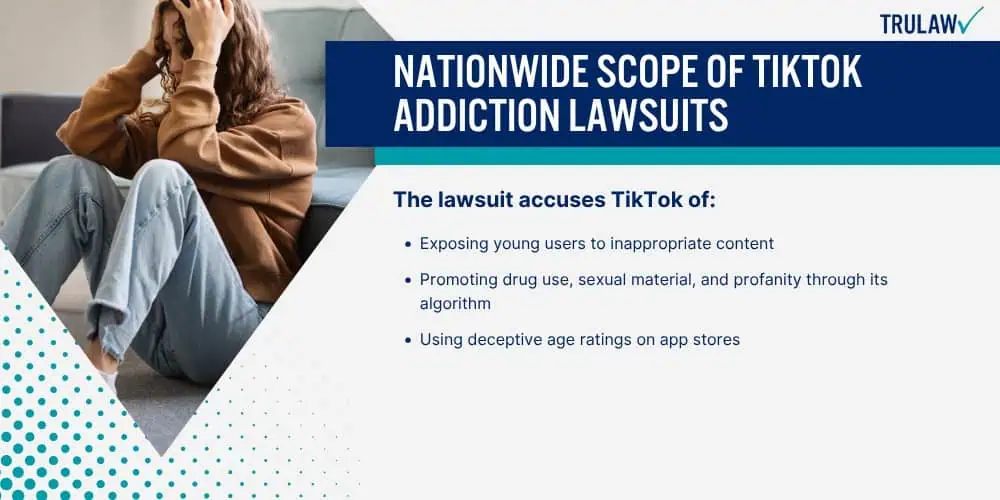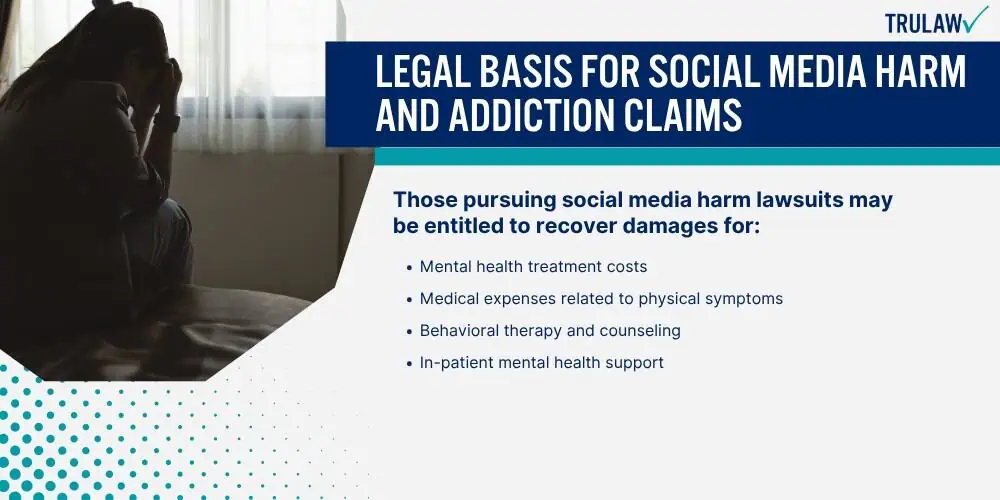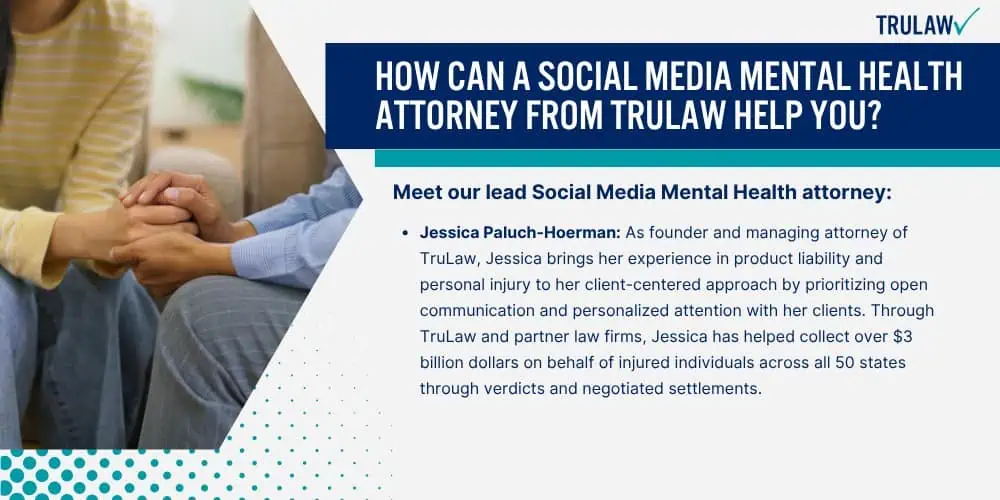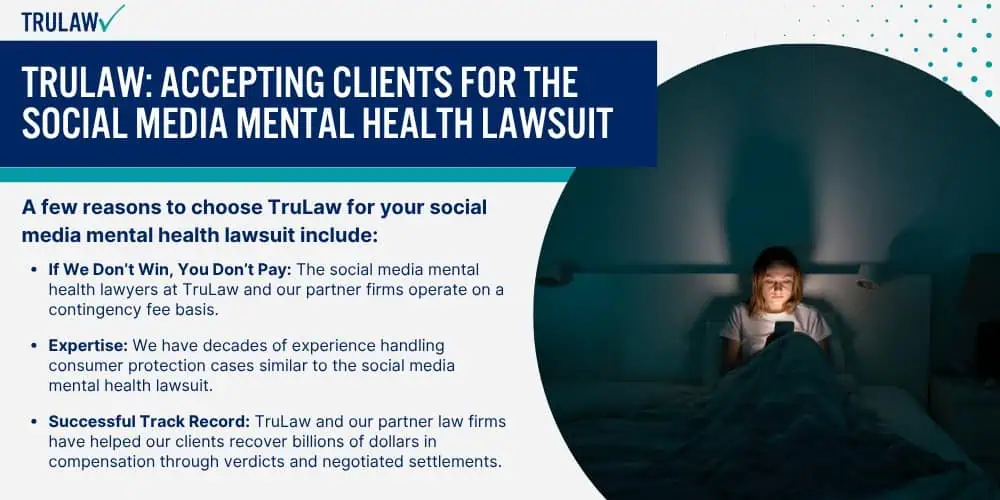Parents across the country are filing TikTok addiction lawsuits against ByteDance, claiming the social media app is designed to be addictive and exposes young people to harmful content.
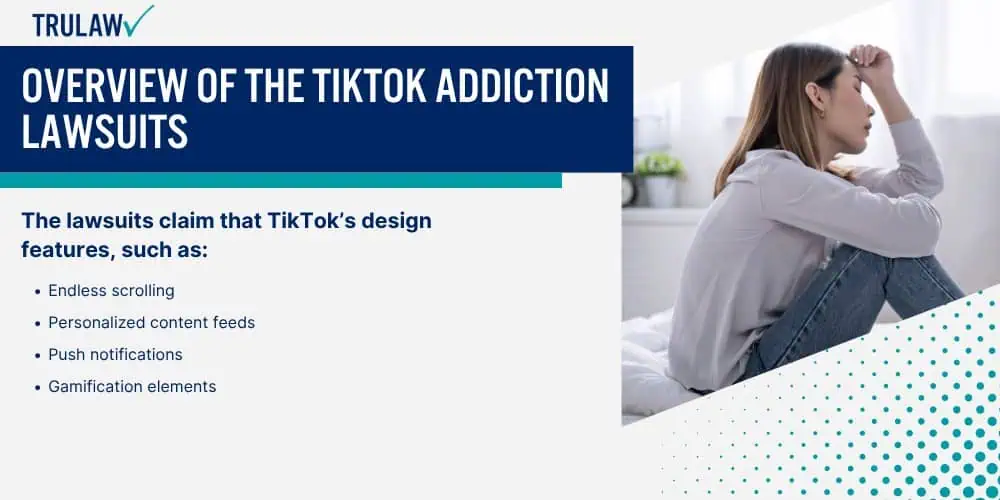
Introduction to TikTok Addiction Lawsuits Against ByteDance
The TikTok addiction lawsuits allege that the social media platform puts profit over consumer safety by using algorithms that encourage addiction among young users.
These lawsuits aim to hold ByteDance, TikTok’s parent company, accountable for the negative impact on children’s mental health.
The lawsuits claim that TikTok’s design features, such as:
- Endless scrolling
- Personalized content feeds
- Push notifications
- Gamification elements
contribute to the app’s addictive nature, leading to prolonged use and potential harm to young people’s well-being.
Prevalence of TikTok Usage and Addiction Among Teens
TikTok has experienced explosive growth since its launch in 2016, with over 834 million active users worldwide.
The app’s popularity is particularly high among younger demographics:
- 58% of Gen Z users aged 13-17 visit TikTok daily
- Children spend 61% more time on TikTok than on YouTube
- TikTok had 672 million downloads in 2022 alone
The widespread use of TikTok among young people has raised concerns about the potential for social media addiction and its impact on their mental health and well-being.
